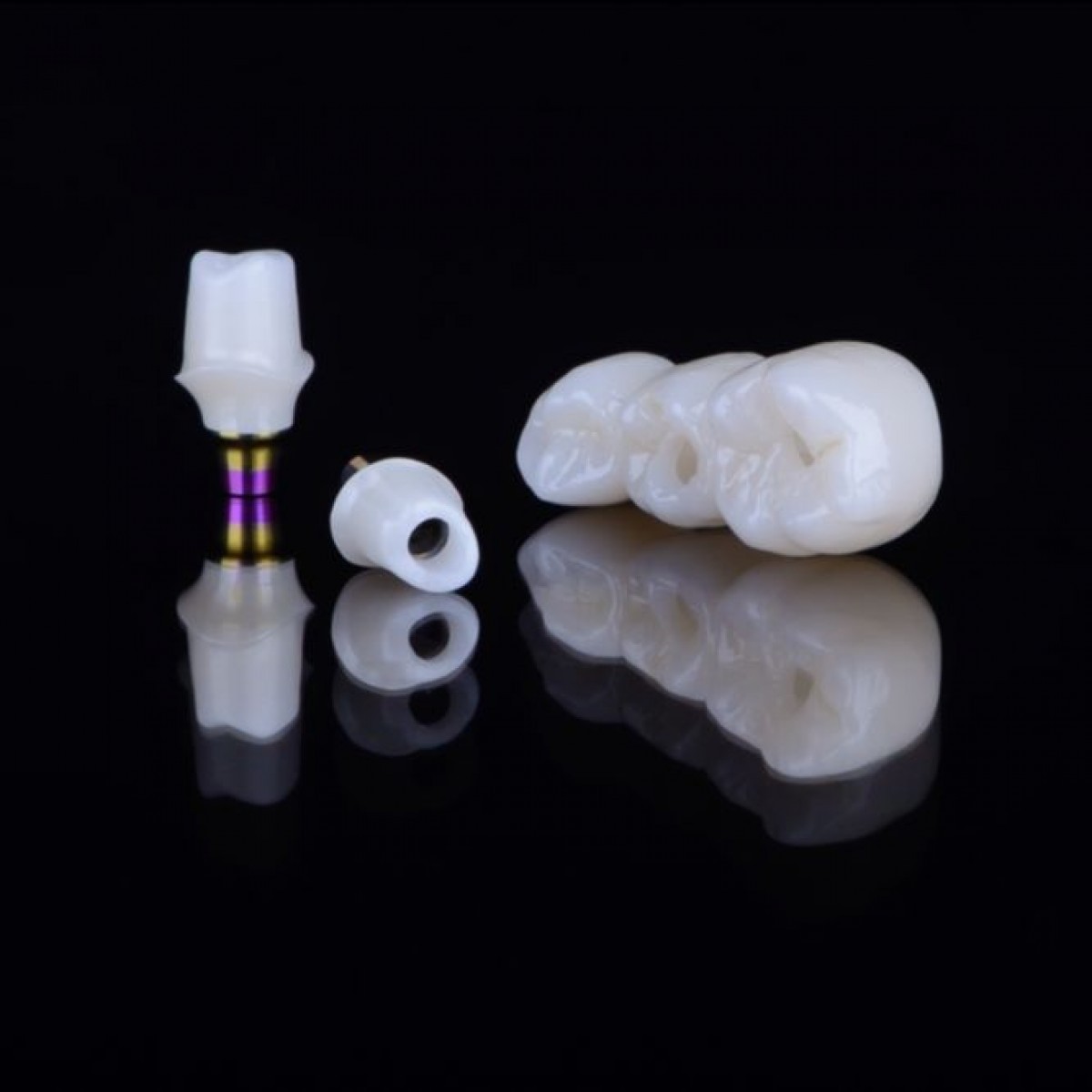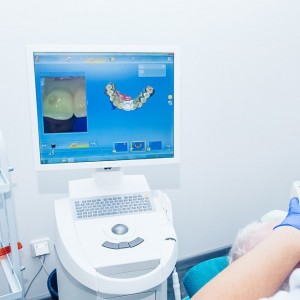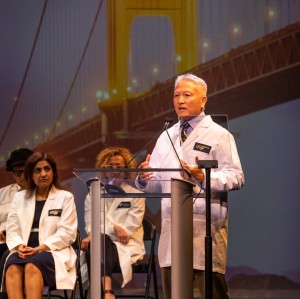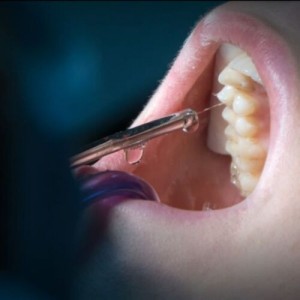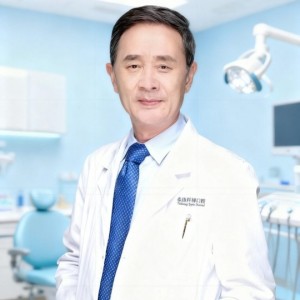
Analysis of Digital Workflow in Implantology
Digital workflow is increasingly accessible in daily dental practice. It has several benefits in implantology, such as the possibility of precise planning, which results in faster and safer surgery and, consequently, reduced prosthetic complications.
There are also disadvantages that must be taken into consideration for successful treatment, such as deviations between the planned and placed implant position and intraoral scanning inaccuracies. We report a clinical case in implantology in which digital workflow was used throughout the process, pointing out its facilities and complications in the daily practice of dental surgeons. The patient had grade II mobility and external root resorption of tooth 11.
After virtual planning, a surgical guide was fabricated by a CAD/CAM system, with immediate placement of a dental implant using the guided surgery technique. At the end of the osseointegration period, intraoral scanning was performed for fabrication of the final prosthesis also by a CAD/CAM system. After placement, the patient approved the aesthetic and functional results of the implant. We observed advantages such as simplification of clinical steps and safety of the proposed planning, but there were also disadvantages such as the complexity of digital tools, deviations of the placed implant, and inaccuracy in color selection. It was concluded that digital workflow is a reality that can be integrated into daily dental practice, resulting in greater safety, predictability of results, and ease of use in all clinical stages.
However, it should be noted that there are still inaccuracies in digital tools and that a steep learning curve is needed in this area, which, if neglected, may lead to unsatisfactory results.
Authors: Gustavo Vargas da Silva Salomão, Eliseo Pablo Chun, Renato dos Santos Panegaci, Fernando Toledo Santos
Source: https://onlinelibrary.wiley.com/
 Related articles
Related articles
Endodontics 18 August 2025
Factors influencing the long-term results of endodontic treatment: a review of the literature
The purpose of this review of the literature is to examine the factors and their influence on the outcome of endodontic treatments, and also to attempt to have an authors’ consensus concerning the...
Implantology 25 July 2025
Background: Cytokine–microbiology–virology monitoring after implant placement may help to develop profiles of variables that can help to explain interaction between the immune system and alveolar...
The variability of the clinical protocols in regenerative endodontic procedures is extremely high.
Restorative dentistry 01 July 2025
Advances in CAD/CAM Technology for Chairside Restorative Dentistry: A Workflow Analysis
Chairside CAD/CAM technology has revolutionized restorative dentistry, offering streamlined workflows and improved patient outcomes.
Oral pathology 23 June 2025
rtificial intelligence (AI) has rapidly advanced in healthcare and dental education, significantly impacting diagnostic processes, treatment planning, and academic training.
 Read more
Read more
Editorials 10 October 2025
With proud smiles and crisp white coats, ninety-three learners from the DDS Class of 2029 and the International Dentist Pathway Class of 2028 marked the start of their dental careers at the UCSF...
Periodontology 10 October 2025
Continuous professional development (CPD) in Periodontology refers to the overall framework of opportunities that facilitate a life-long learning practice, driven by the learner-practitioner and...
TheraBreath, the #1 alcohol-free mouthwash brand in the U.S.*, has introduced a new line of dentist-formulated, clinically tested toothpastes designed to support professional oral care...
News 10 October 2025
New officers and trustees were installed at the Minnesota Dental Association’s Leadership Conference on September 19 in Minneapolis.
News 10 October 2025
Smartee Denti-Technology today announced that Professor Gang Shen, its Chief Scientist and Executive President of TaiKang ByBo Dental, has once again been named to the World’s Top 2% Scientists...


